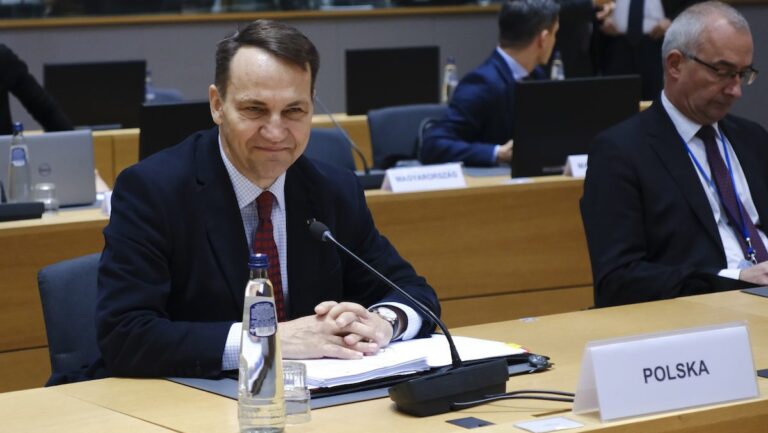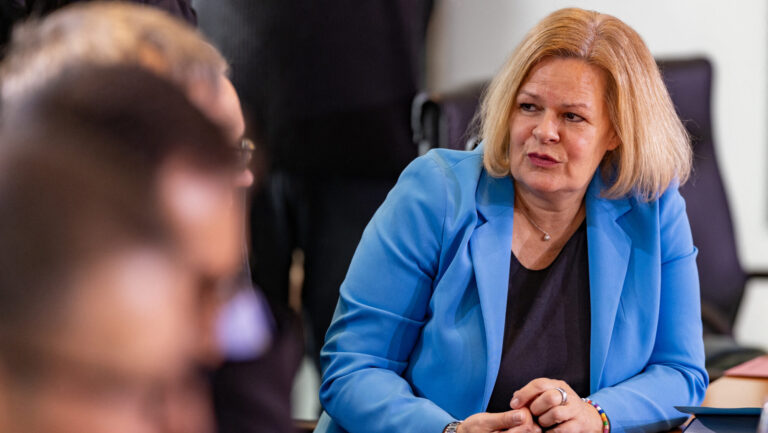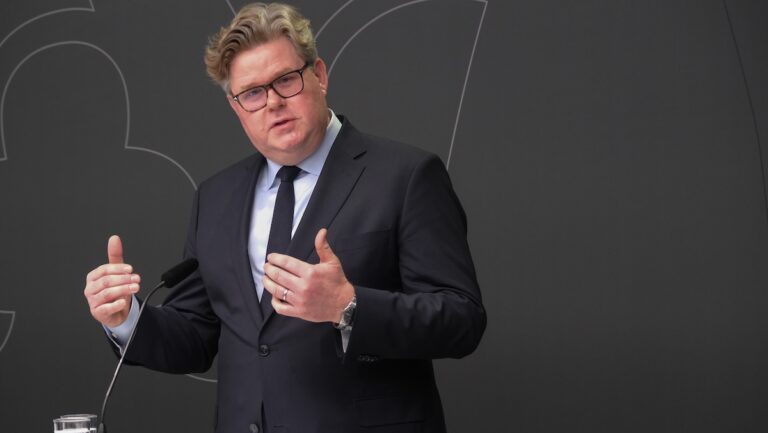While Pope Francis in his media appearances is constantly urging Catholics to open their arms ever wider to migrants, the Vatican papal state has just issued a decree to drastically protect its borders.
As is the case every twenty-five years, 2025 will be a jubilee year for the Catholic Church, which means that huge numbers of pilgrims will flock to Rome for the occasion. A few days before Christmas, the Vatican issued a highly restrictive decree designed to impose severe penalties on anyone attempting to enter the world’s smallest state illegally. The existence of this decree was only revealed by the Italian press on January 12th.
The sovereign state of the Vatican was created by the 1929 Lateran Agreement between Benito Mussolini and Pope Pius XI. Putting an end to the ‘Roman question,’ i.e., the gradual disappearance of the Pope’s temporal power in Italy during the process of unification of modern Italy, these agreements established an independent territory of 44 hectares in the city of Rome, over which the Pope has sole sovereignty. The rules for entering and leaving this territory are precise and restrictive, and the decree of December 2024 reinforces them even further.
The new decree targets “anyone who enters the territory of the State of Vatican City by violence, threat or deception,” i.e., by avoiding or evading security systems. Violation is punishable by one to four years imprisonment and a fine of between €10,000 and €25,000.
Aggravating circumstances include if the offence is committed using firearms, if the person seeks to disguise his or her identity, or if the intrusion is made by a group of people. Another aggravating factor is when an individual enters the state’s territory at the wheel of a vehicle, forcing a border checkpoint.
Vatican justice is no joke. Any offender caught in the act will be able to appear in court the day after the arrest. Convictions will be accompanied by a ten-year ban on entering Vatican territory.
The decree constitutes a comprehensive set of measures against any form of intrusion into Vatican territory. Reading these provisions, one can only measure the contrast with Pope Francis’ often incantatory and abstract discourse on the “unconditional welcome of migrants” —which unsurprisingly finds no concrete application in the way the borders of his own state are managed.






